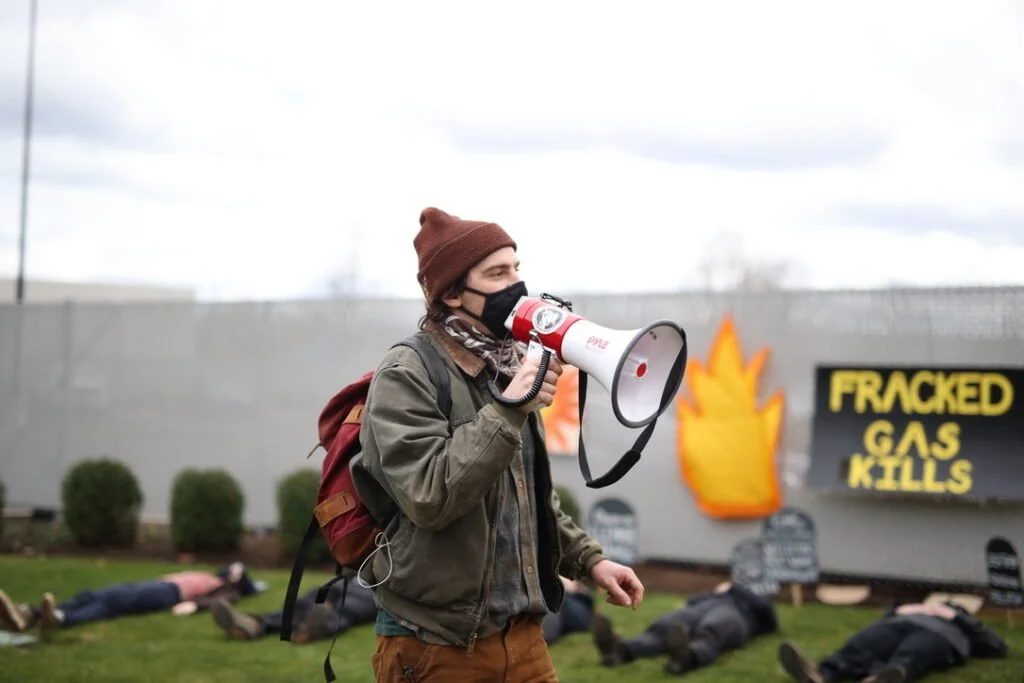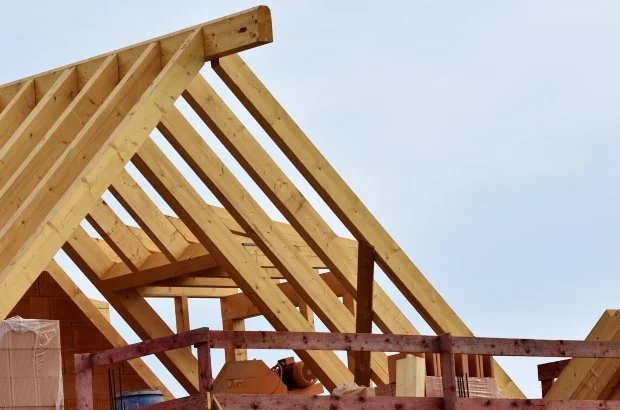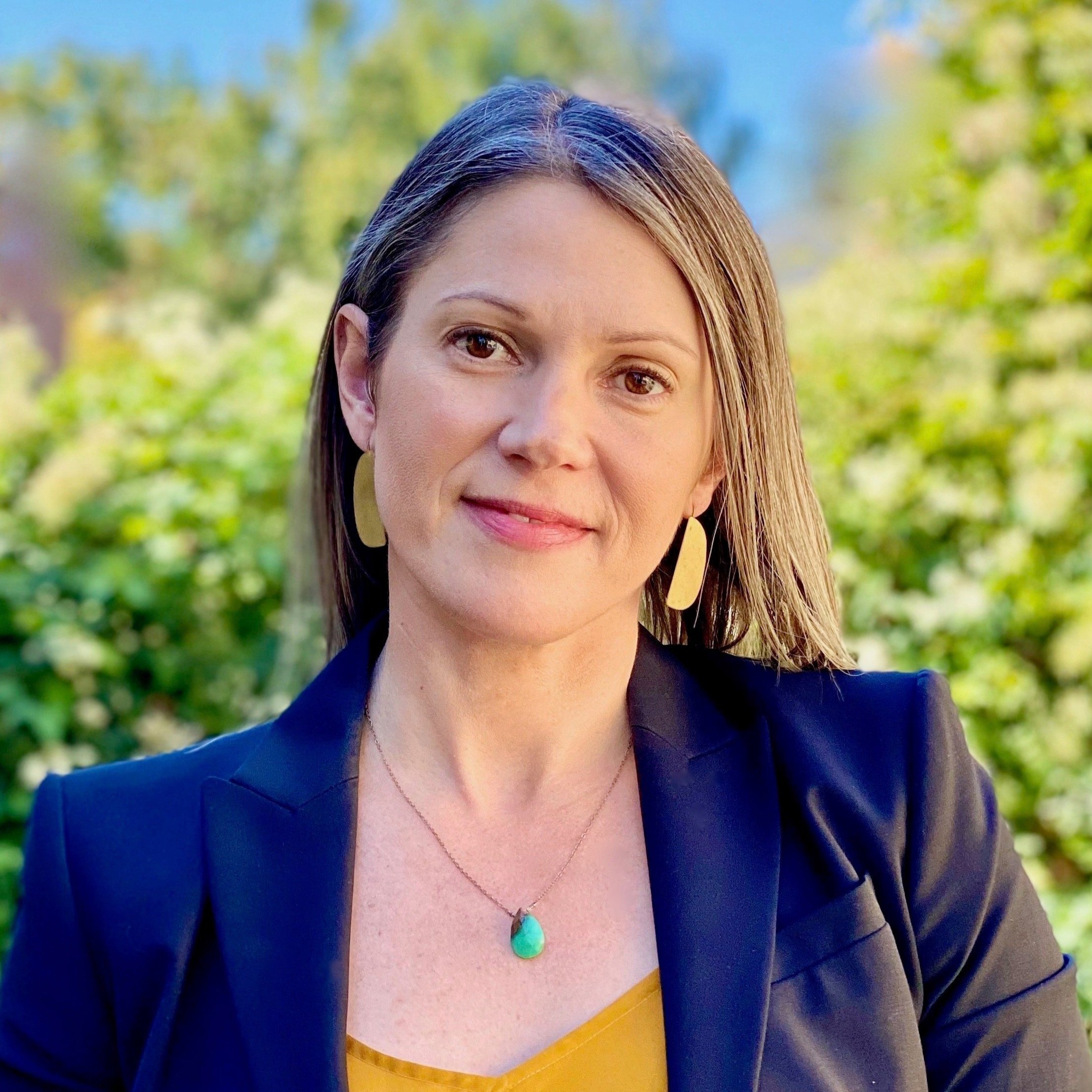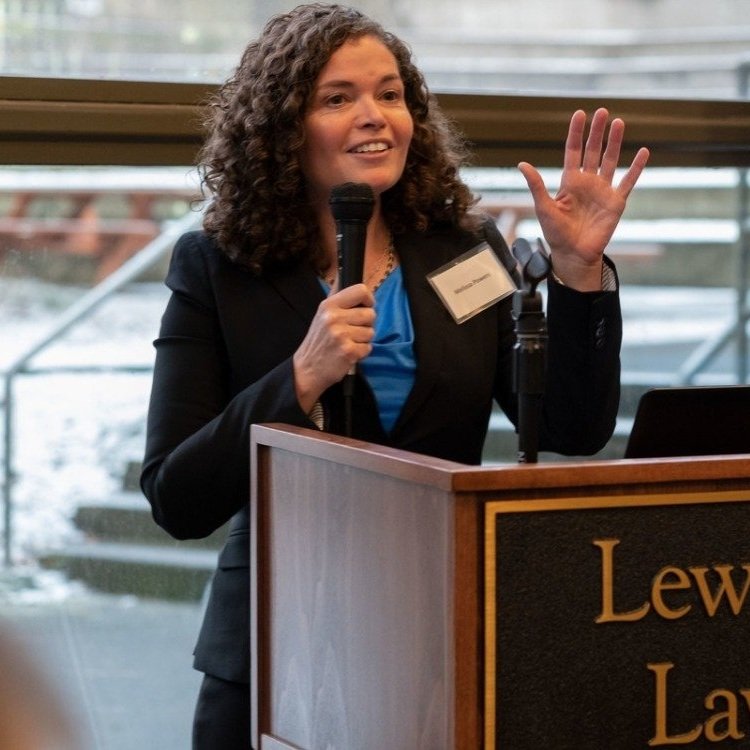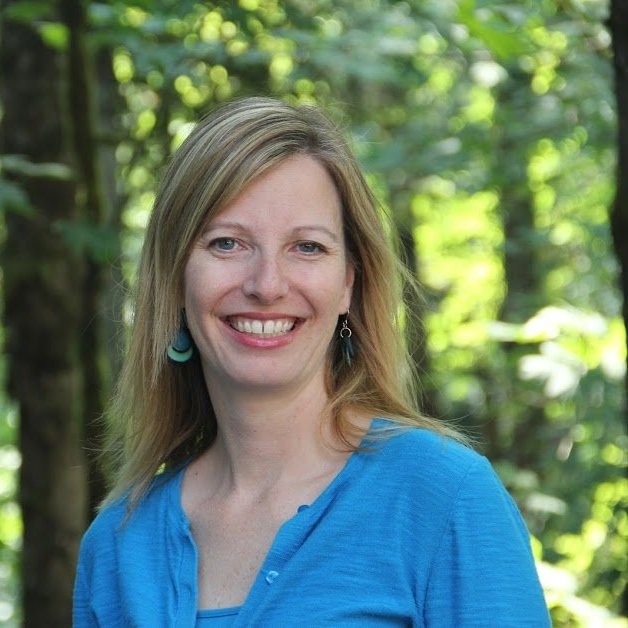ZERO Coalition (ZERO) and Sustainable Building Week (SBW) are combining forces to continue helping the Oregon sustainable building community advance sustainability in a way that leaves no one behind. Together, we will expand opportunities for education, advocacy, and collaboration to make sustainability more accessible and actionable.
Building Codes Decisionmakers Need a Climate-Friendly Makeover. You Can Help Make It Happen.
If you're reading this, you may have an interest in sustainability in the built environment or in how buildings' energy use impacts climate change. However, applying for an open seat on the Bureau of Codes Division (BCD) Advisory Boards may not have crossed your mind. You may have never thought about how building codes are developed or how often they are updated. But if you care about climate change and future generations, you should know that buildings account for approximately 40% of Oregon's energy use and emit around 28% of the greenhouse gas pollutants that are harmful to our health and contribute to more and worse climate destruction. Volunteering for a seat on a BCD Advisory Board is an excellent way to help reduce the climate impact of the built environment.
The ZERO Coalition Urges Governor’s Housing Production Advisory Council to Proactively Consider Climate Impact
In response to calls for Gov. Kotek’s Housing Production Advisory Council to expedite residential construction by relaxing energy efficiency and climate mitigation building requirements, the ZERO Coalition has submitted a series of policy papers urging the Council to ensure that climate impact remains a key consideration for equitably increasing housing stock. The papers outline recommendations that can be adopted to ensure the state meets both its housing supply and building decarbonization goals.
AIA Oregon's 2023 Oregon General Legislative Session Recap
With passage of the Climate Package (kudos to Chris Forney for all his work and Kaley Fought for her testimony) and the Board of Architect Examiner’s technical bill (applause to Mark Jacobsen, Curt Wilson and Eric Sandoval for their time and efforts) this can be considered a successful session for our advocacy efforts.
Champions of Change: 350 Eugene and Fossil Free Eugene
In an era defined by unprecedented environmental challenges, the call for climate justice has grown stronger than ever. As the global community grapples with the consequences of climate change, there is hope to be found in the many passionate organizations committed to effecting positive change. In this blog post, we turn our spotlight to 350 Eugene and Fossil Free Eugene, two of ZERO Coalition’s Community Partners, to learn how these organizations have risen to the forefront of the battle for a sustainable and equitable future.
Cost-Effective Retrofits: 7 Steps to Zero Energy
Due to the sheer number of existing buildings, it’s not enough to focus solely on reducing greenhouse gas (GHG) emissions through new construction. And wider implementation of energy-efficient systems through retrofitting will have a massive impact. Moreover, retrofitting presents opportunities to address longtime inequities in the housing sector, providing broader access to energy-saving measures. The most common barriers are capital costs, and owners’ lack of knowledge that today’s reliable technologies pay dividends far into the future.
Recapping Oregon's 2022 Legislative Session - by Meredith Connolly, Oregon Director of Climate Solutions
While Oregon’s constitution only allows the short legislative session to last 35 days, this year legislators needed just 32 days to wrap the state’s business. It was a fast and furious pace, with the Climate Solutions team and our allies trying to ensure Oregon does not lose a year on desperately-needed climate progress. This session, the legislature provided historic levels of investments in clean energy solutions and electric vehicles, as well as significant progress for environmental and social justice in our state. As you will read below, the table is now set for 2023 to be a banner year for state legislative progress.
New Member Spotlight: Multnomah County Office of Sustainability
The Office of Sustainability joined the Zero Coalition in November 2021. As a County, we have been on a path to net zero buildings since the adoption of our High Performance Green Building Standard in 2012, which aligned County building standards with Architecture 2030 goals. This year we accelerated that timeline by committing to no fossil fuels in new construction and major renovations. These goals, and the goals of the Coalition, are vital to Multnomah County’s commitment to reduce greenhouse gas emissions and reach our ambitious goals of powering our economy with 100% renewable energy.
New Member Spotlight: Green Energy Institute
Our newest member organization, Lewis & Clark Law School’s Green Energy Institute, is doing great work that aligns well with the ZERO Coalition’s mission and goals. Below, we hear from Carra Sahler for more specifics about their work.
GEI is a grant-funded climate and energy policy institute within Lewis & Clark Law School’s #1-ranked Environmental, Natural Resources, and Energy Law program. Created in 2013, GEI’s mission is to develop equitable, effective strategies to prevent catastrophic climate change by furthering the just transition to a sustainable, carbon-free energy grid. Our staff includes a law professor and attorneys with expertise in energy, climate change, and environmental law.
“GEI’s mission is to develop equitable, effective strategies to prevent catastrophic climate change by furthering the just transition to a sustainable, carbon-free energy grid. Our staff includes a law professor and attorneys with expertise in energy, climate change, and environmental law.”
GEI is proud of our track record of informing effective policy design in Oregon. We provide expert legal and policy guidance to state and local policymakers, regulators, advocates, and community stakeholders. We also produce comprehensive policy analyses that help inform the design and implementation of effective, legally viable policies in jurisdictions across the state and across the nation. An example of one recent accomplishment includes our participation in the rule-making advisory committee (RAC) for the Oregon Department of Environmental Quality’s (DEQ) Climate Protection Program,
which aims to cap and reduce greenhouse gas (GHG) emissions from transportation fuels and direct-use natural gas in Oregon. GEI’s input and recommendations throughout the 18-month rule-making process contributed to the development of proposed rules that will require steep emissions reductions from sectors responsible for approximately 50% of the state’s GHG emissions. GEI also successfully recommended that the rules mitigate equity risks by including a mechanism for regulated entities to invest funds to reduce emissions and install zero-emissions technologies in environmental justice communities.
GEI is deeply engaged with existing state agency initiatives to quicken the pace at which building decarbonizat-ion moves.
For example, if done right, the DEQ's Climate Protection Program and the Oregon PUC's Natural Gas Fact-Finding proceeding–in which the cost of a decarbonized natural gas sector is being critically analyzed–may facilitate a change in direction away from fossil gas and toward electrification, particularly in buildings. With HB 2021, Oregon's 100% Clean Energy for All legislation, GEI is particularly focused on developing and implementing strategies to quickly displace existing fossil fuels with electrification.
Our founder and director, Melissa Powers, is a Jeffrey Bain Faculty Scholar and Professor of Law at Lewis & Clark Law School. Melissa teaches climate change law, electricity regulation, renewable energy law, the Clean Air Act, and administrative law. She is also a prolific author. Melissa’s recent publications include the following books: Climate Change and the Law, Principles of Environmental Law, and Beyond Zero-Sum Environmentalism; and articles and book chapters: Natural Gas Lock-in, 69 Kansas L. Rev. 889 (2021); They Win, We Lose: The Consequences of the Trump Administration’s Zero-Sum Climate and Energy Politics, in Beyond Zero-Sum Environmentalism (2019); Strategies to Quickly Reduce Black Carbon Emissions, in Legal Pathways To Deep Decarbonization (2019). She received her JD, magna cum laude, from Lewis & Clark Law School and her BA from the University of California at Berkeley.
Amelia (Amy) Schlusser is a GEI staff attorney and lead researcher. She analyzes legal and regulatory constraints to decarbonizing the energy system and identifies strategies to help facilitate a clean energy transition in the United States. Amy was recently appointed to serve on the Oregon Environmental Quality Commission, the policy and rulemaking board for the Oregon Department of Environmental Quality (DEQ). Amy has led our work on Governor Brown's Executive Order 20-04 before the DEQ and developed several innovative proposals to increase ambition and support equity within the Climate Protection Program. Amy regularly provides guidance and information to state and local policymakers, public interest organizations, and businesses committed to decarbonization. Amy has authored many publications and analyses on energy and climate law and policy issues, including GEI’s comprehensive reports on Oregon climate policy, utility integrated resource planning, grid reliability and resiliency, solar energy policy, emissions regulation under the Clean Air Act, and state and local strategies to reduce diesel emissions. Amy received her J.D. cum laude and her LL.M. summa cum laude from Lewis & Clark Law School and holds a certificate in Environmental and Natural Resources Law.
Carra Sahler is a GEI staff attorney and the newest member of GEI's team. Carra has led our work on Governor Brown's Executive Order 20-04 before the Oregon Public Utilities Commission, focusing on utility planning, transportation electrification, and, most recently, the Natural Gas Fact Finding proceeding to evaluate the costs and risks associated with continued expansion of the fossil gas system. Carra received her J.D. magna cum laude from Lewis & Clark Law School where she focused her studies in Environmental and Natural Resources Law. Carra can be reached at sahler@lclark.edu
Have questions about ZERO Coalition Membership? Please Reach Out To Us!
ZERO Coalition Member Spotlight: The Environmental Center
The Energy Program (originally the energy challenge) focuses on advocacy work toward systemic policy and climate solutions. We’ve managed the Central Oregon Green Home & Solar tour for several years now which has been a great place for industry members to connect with each other and the community.



